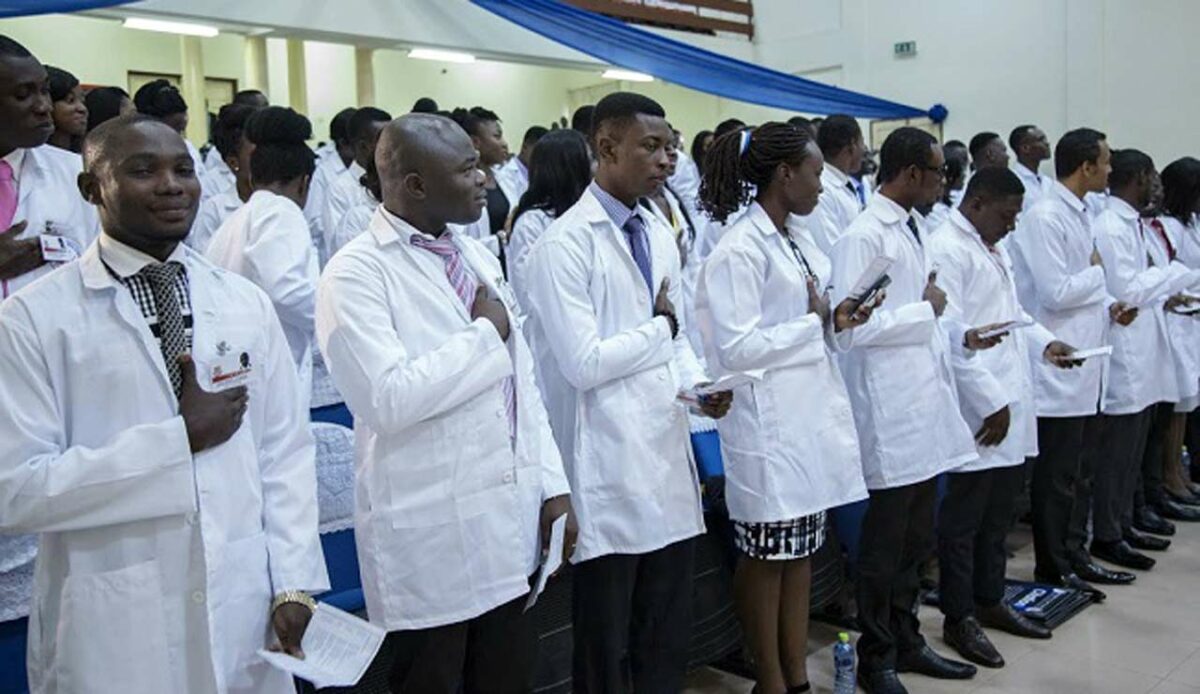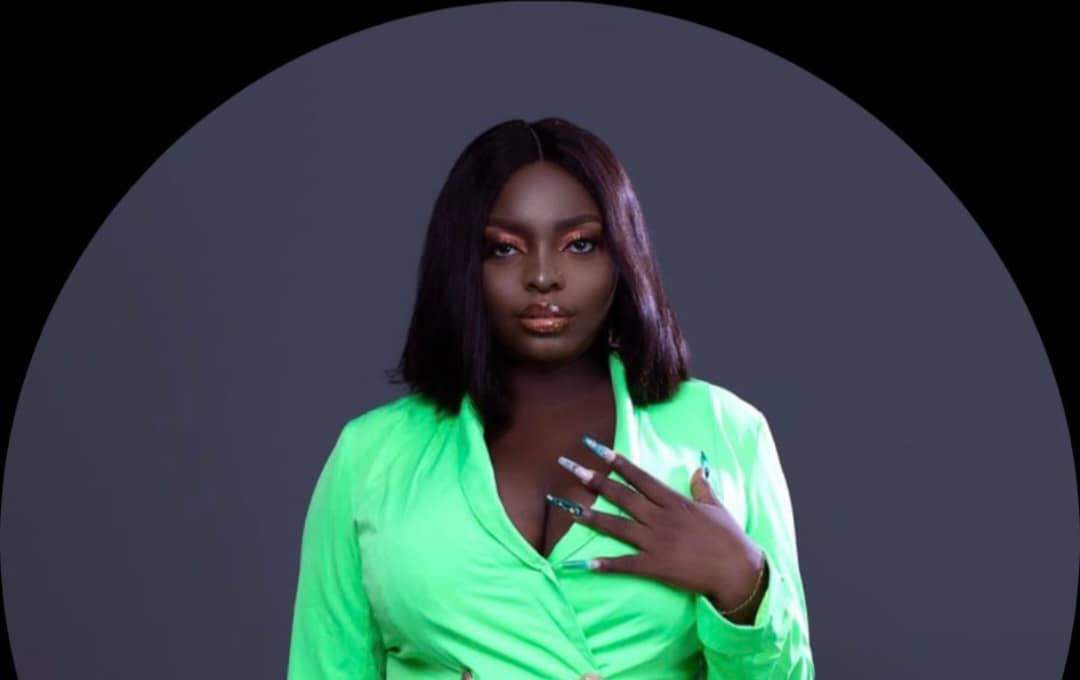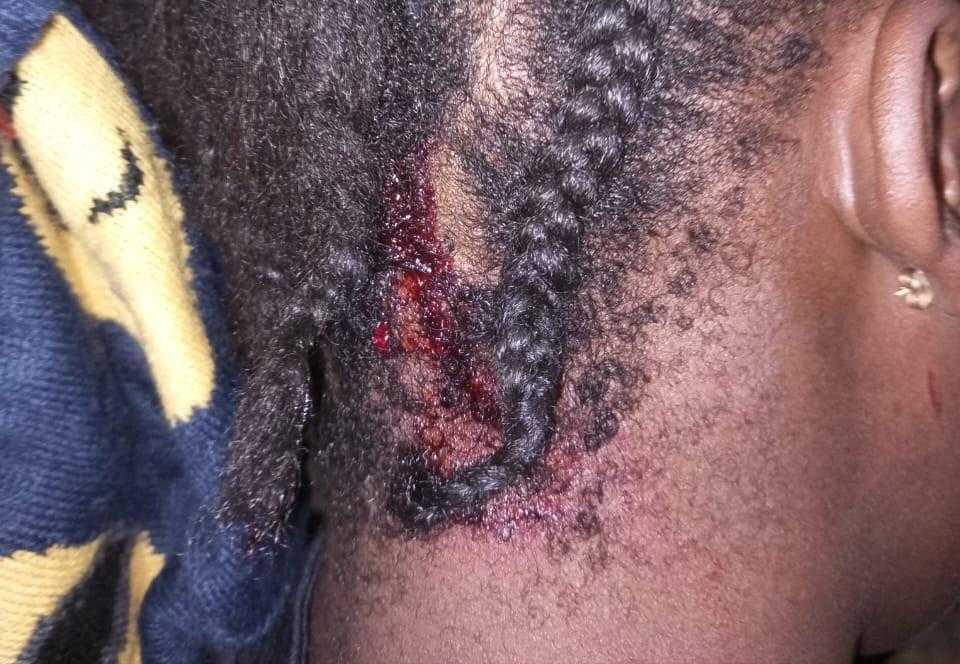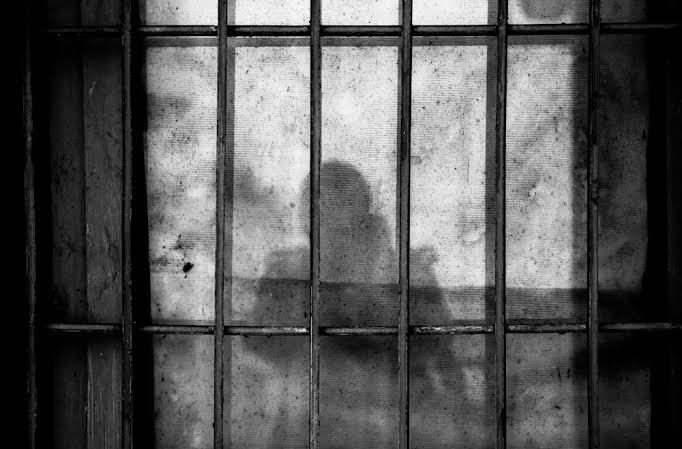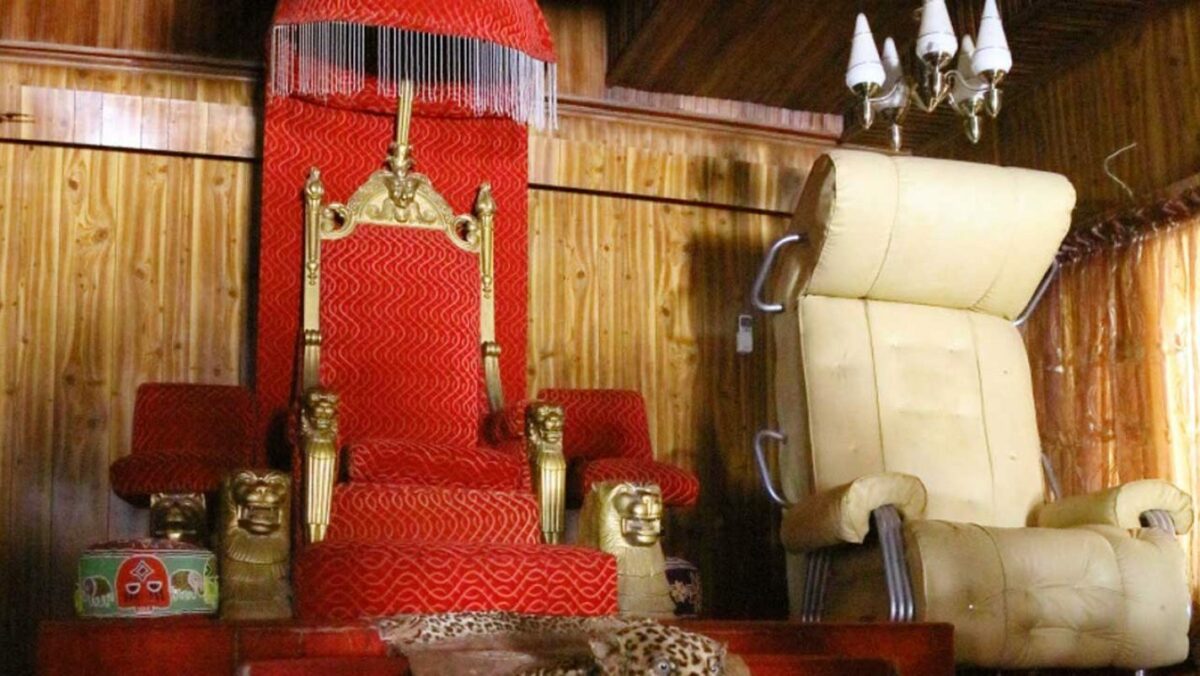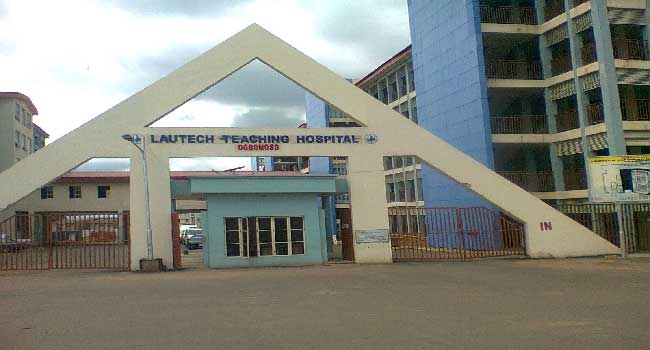“You shall pack in!”
Those were the words of a senior colleague to me in one of Nigeria’s renowned teaching hospitals.
I was asked to move all my belongings to the call room (where doctors reside when they are working overnight), where I would live and be on call for a week, non-stop. This was punishment for failing to retrieve an IV cannula (through which infusions are administered) from a patient who was discharged from the hospital. I was held responsible for it.
It was my first year working as a doctor after medical training. I was an anxious and naive 23-year-old house officer, and this was my second rotation in training.
He was my senior colleague from one of the surgical specialties — short, stocky, and mean. He laughed sarcastically as he ordered me to the call room in his low-pitched voice.
I was barely coping in my second rotation, grappling with work in an environment governed by fear, where power was used to demean and frustrate younger colleagues.
House officers were at the bottom, at the mercy of their senior colleagues, in a chain of oppression that passed down from the consultants to the registrar.
I was afraid and sad. I might have been able to complete a one-week call from any other specialty’s call room, but not this one. Senior registrars and consultants here were revered like gods and house officers were at their mercy.
Frustrated and confused, I went to the senior registrar and sprawled on the floor, prostrating and begging for forgiveness. It didn’t help that I struggled with stuttering too.
READ ALSO: Resident Doctors, House Officers Upset with NARD’s Decision to Suspend Strike
My pleas fell on deaf ears, and I was completely humiliated and degraded for an offence that was harmless and no fault of mine. I packed up and moved into the call room. Two days later, I was eventually pardoned.
Unfortunately, my experience isn’t peculiar. It is, in fact, quite the norm. In ‘Nigeria Doctors in the UK’ (NDUK), a group of about 10,000 UK-based Nigerian doctors, several of my colleagues share similar experiences of harassment in medical schools, some even recounting sexual exploitation to get through medical school.
I am a full-fledged doctor, not a donkey to be brutalised into submission. I graduated in the top 10 of my class of about 200 students at one of Nigeria’s famous universities. I was also compassionate and hardworking as a house officer. By all standards, I am a good doctor.
However, as a new house officer, I was very nervous and keen to keep my records and reputation clean — a subconscious by-product of the traumatising experience I endured as a medical student, when one of my professors called me a “nincompoop”.
READ ALSO: After Overworked Doctor Slumped, FG Begins Payment of House Officers
Certainly, there are senior colleagues who are fair, inspiring, empathetic, and empowering. Unfortunately, they are often overshadowed by those who continue to be exploitative, repressive, and demeaning in their approach to medical education.
Our approach to medical education in Nigeria is dehumanising and devaluing rather than empowering. Senior colleagues abuse and berate us before nurses, patients, and other colleagues.
Medical students are some of the brightest students in the country. They overcome very stiff challenges and competition to be admitted to study medicine in Nigeria. However, as a result of the demoralising style of medical education in several Nigerian medical institutions, they leave medical school a shadow of themselves.
Some of us never forgive these experiences and perpetuate this oppressive cycle once we are in a position of power.
The dehumanising system in the healthcare sector contributes significantly to the brain drain of highly skilled doctors from the country. Several young doctors forfeit their postgraduate training in Nigeria and move abroad.
READ ALSO: 10 of 13 Doctors Left UCH Department in One Year — No Replacement’
While they mostly thrive in their new environments, some still struggle with low self-esteem and rarely speak up when treated condescendingly because of the years of abuse they suffered during medical training in Nigeria.
Medical education, in my opinion, should be highly challenging and competitive in order to bring out the best in doctors and stimulate creativity. However, this must be done in a supportive and empowering environment, not a dehumanising one.
For people who rise to the highest echelons in medical education in Nigeria, reflect on the pains of the past and try to be different. Research reveals that anxiety and threatening situations do not promote but stifle learning. You don’t need to pass down the wrong ideologies from your experience to your younger colleagues. We must understand that we should be producing confident doctors, not donkeys.
I am a doctor. I am not a donkey.
#doctornotdonkey
From a doctor based in the UK cc-2023
Subscribe
Be the first to receive special investigative reports and features in your inbox.


